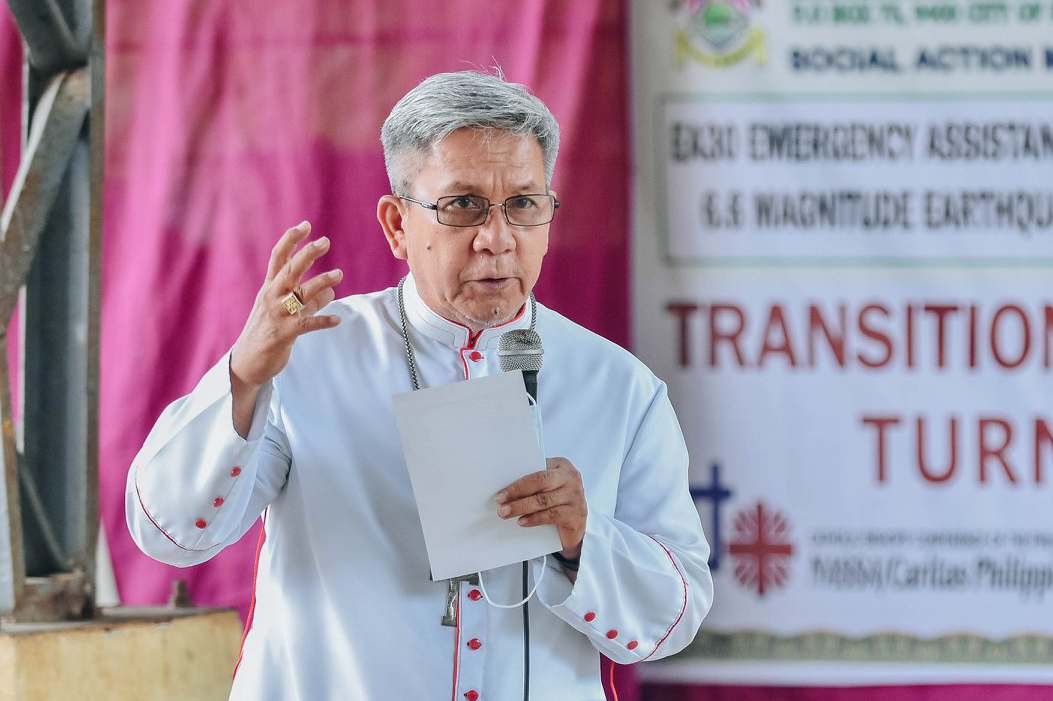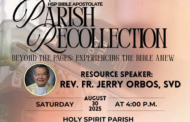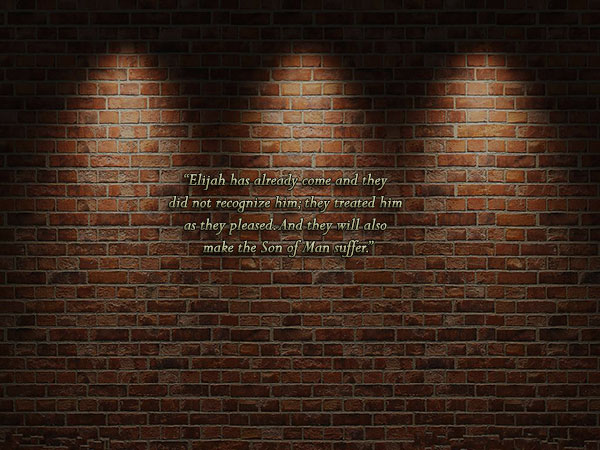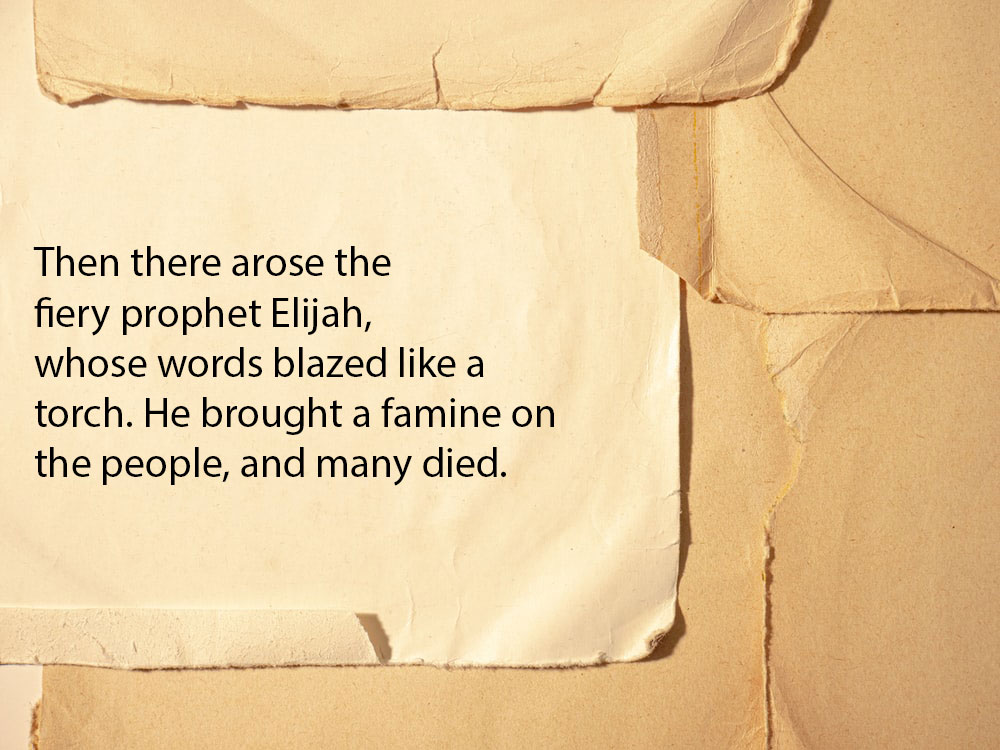(Within a Retreat Musings In-between)
I COULD NOT get over Season 2 Episode 6 of “The Chosen.” The wait was long but worth it. I didn’t even mind sassy Dallas, the series Director, lording it over the live audience that attended the premiere. He was with wife Amanda, and friends (couple) Jase and Missy Robertson, who each shared their insights on the episode. I’ve come to appreciate Dallas’ long-windedness (for the words of wisdom it inculcates, and his usual gifts galore, which typically boost every installment of the blockbuster that the show has become. Owed greatly to its not only faithful depiction of the life of Christ but also little known facts about Him, and those surrounding Him, as in this instance, which essayed the backsliding of Mary Mcagdalene. Most of all, its pay-it-forward principle that creates a charitable chain reaction.
You may have been already moved by the heart-tugging scenes between the reluctant, repentant backslider and the tender, ever-giving Forgiver so I’ll skip them, except the part where Jesus encouraged Mary with the Gospel, “Look up.” And after adding that the sinner’s reluctance melted when Mediatrix Mary offered to take her to Him, even preparing her by putting on a precise veil on her, for she was exposed to the world again and, fresh from the ordeal, her head was still bare. May I highlight here that, when Simon and Matthew found her, she was hungover, vomited, and was tenderly tended to by the latter. Surely she must’ve still reeked of alcohol the next day, but no one among the disciples and their Master minded or judged her. May I also add that without the encouragement of Simon and Matthew (he who flat-out admitted to her that he was a sinner who misses her Torah teaching), two disciples always at odds with each other, Mary would not have had the heart to reconsider.
Mother Mary takes her mediating between her Son and man simply seriously. As seriously as when, at the Cana wedding, even after being apparently rebuked by Him when she told Him there was no more wine, she proceeded to tell the attendants “Do whatever He tells you,” a foretelling of her mediating for all of us before she assumed into heaven. Especially crucial was her role at the foot of the Cross when Christ told her to behold her son, John, His beloved, and the latter to do the same with his mother. With those words, Jesus bequeathed Mary to John, every single individual, and all of mankind.
Her retreat began at the Annunciation, when she gave her “Yes” to God. That fiat did not only mean acceptance of her vocation to be the mother of Jesus but, also, of the call to be the spiritual mother of us all. We must understand that, before we entrusted ourselves to her, God the Father beat us to that entrustment. If it was (super)natural for the Father to pick her, out of all women, to carry His Son in her womb, the littlest we could do is have a smidgen of that entrustment to contain her in our hearts. She was obedient enough to be His first disciple. Can we not follow her as she followed her Son, our Brother, up until at the foot of the Cross?
Even before the changing of water into wine, Mary already had a foretaste of Jesus’ strange response, as when He was lost for three days and she and Joseph found Him at the Temple and, when she asked Him why He worried them so much, He replied if they didn’t know He must be about His Father’s house. If Mary did not understand the profundity of what the Child Jesus said, she kept and pondered it in her heart. It will dawn on her later that it also prepared her for Calvary.
Mary constantly pondered things in her heart, aware of her mediating role in Christ’s messianic mission. It started out simply as concern that “they have no more wine,” a symbolic virtue of coming to the aid of human need. In this particular wedding, shame was at stake. The same rescue she gave to Mary Magdalene when the sinner was too ashamed to show her sinful self to Jesus. Through her mediation, His salvific power to help man in his misfortunes is manifested, and man is freed from the evil that would have weighed heavily upon his life had she not interceded. Mary of Magdala would not have been mended again by Christ were it not for His disciples’ (and also mother’s) mediation.
At the wedding feast of Cana, she was Christ’s spokesperson, at Mary Magdalene’s second breaking, she served her brokenness to Him to be fixed again.
The greatest scene I would like to see Dallas recreate for “The Chosen’s” burgeoning billions of fans and followers is the crowning moment of her maternal mediation. This might happen at the second season’s finale, Episode 8. (Ooops, I goofed, as you’ll soon find out but read on.) I’m beholden to the brilliant think tanks of the tv thriller (without a whodunit plot, at that) that modified and magnified my view of the bible and its stories.
In Episode 7, where a phalanx of Roman foot soldiers sought Christ for questioning, Jesus was ever the pacifist, who instructed His disciples to lay down their arms (two daggers against the swords of the enemy) and whose only request was to say goodbye to His Ima. He told His disciples He will be back and, like Magdalene believed He will, He did return.
He was so cool and collected at the audience with Roman General Quintus that the dastardly officer could not help but admire Him and so let Him go. His return delighted the two Marys (Magdalene could not help utter “He said He will be back,” a hint that she has regained her confidence) and the rest of the group. At the episode’s end, Dallas interviewed Brandon Potter, the actor who played Quintus, and brilliantly plumbed the person and his persona. The actor gave as much as he got from the seminal exchange. I have no more doubt that the characters bring out only all their best in the series because of their director’s superb handling – and motivation – of them.
Back to Mother Mary, St. John Paul II said that her new motherhood, the fruit of the new love which came to definitive maturity in her at the foot of the Cross, through her sharing in the redemptive love of her Son, transformed her to burn even more with love for all those whom Jesus suffered and died for. I did not miss that her presence in the series was, like her innate virtue, silent and unobtrusive. Even when asked to speak, as in Episode 5, she was modest and did not elaborate.
Now for the finale, which Dallas described as bittersweet, although I disagree because, while there were no heart-rending scenes, there were some which were rendered so subtly your heart is hard if they didn’t touch you. The scene between Jesus and Mary stands out among them. No hysterics, just a plain conversation so rare the depth rises to the surface. Mary wishfully sighed she misses His father. Jesus’ sense of humor squeezed in when He asked “Which one?” but quickly continued with, “I do miss him, too, and I’m glad that you’re here.”
The scene where the disciples were tossing apples at one another shot Thomas up close as he prayed, “Blessed are You, Lord, our God, ruler of the universe.” before taking a bite. He would later bring apricots to Tamar, to give to the womenfolk, especially Rama, because they are her favorite.
It didn’t escape me that the scene between Jesus and Matthew was the acting out of the latter’s Gospel (5-11) and the part where Jesus quoted to his face “You are the salt of the earth” (13) captured the note-taking tax collector as beamingly flattered. When Matthew asked Him about the map, Jesus’ erudite answer was it is the groups of people who want to find Him. In their exchange, Matthew showed humor and depth and traded wit with Jesus, at one instance pleading with him to allow Him a little poetry.
Another attention-grabber is the exchange between cynic John (What if no one shows up? and Mary (What if everybody shows up?) turning the erstwhile problematic Torah teacher into an optimist once more. And who would miss the classic counsel of the females on the right color of sash for Jesus which He could not deflect with defending what He has always worn, the earth color. His mother said He might blend with the rocks and offered gold, which signified wisdom like the sun. Rama’s purple was for royalty. Mary’s blue was for peace, like water in the sky. Even the Ethiopian Tamar put in her red two cents but, surely, the Prince of Peace had to wear the color His mother associated Him/it with. Eden, Simon’s wife, arrived and Jesus beckoned her to be the “tie-breaker.”
Off all 16 episodes, I dare say that the gradual swelling of the crowd was an epic spectacle.
Yet I cannot close this piece without mentioning Judas (yes, the twelfth) who was, at the opening scene before the credits, the apprentice of the land buyer haggling (from 40 to 55 to 49 talents) with the old owner who was sad to part with a land that has been with his family for 40 generations. Here, Judas is shown to be a fair broker, reasoning out to the landowner that they intend to make the land serve as better-than-the-pit tombs for the middle class, quite contrary to what everybody knows about his infamous villainy in history. At the tavern later, before the land buyer gave Judas an advance, Judas was feeling guilty they didn’t tell the owner that his land was a salt mine, what he deemed as a calculated deception. This serves as a very calculated teaser to the revelation of good Judas’ life before 30 pieces of silver consumed him. There’s even a parallelism between him and Christ when the buyer called him (an orphan, which he took offense to, and) a poet.
I will leave him here and, like the cliffhanging ending that left us audience a frozen chosen, look forward to Season 3, for more episodes to work on. More about Dallas’ interview of him later and something what Pastor Levi Lusko, the show’s other guest, said about the series, which I completely agree with: challenging, creeping, and comforting. Because it challenged me to see how a Christian will wrap around his head on Catholic material, and I was immensely invigorated; each episode carried valuable insights into Christ’s little known life and made Him larger than love; and what infinite comfort it is to be immersed in a faith that taught me the virtue of patience, listening, and watching its fruits flow simply, slowly, and surely into my entirety, body, mind, heart, and soul. Like Pastor Levi said: A church is a dream where dreams are crushed and it is a good thing. I took him to be speaking to me. One such dream of mine was crushed, nay, cracked (for what’s crushed may be unsalvageable) by my knowledge of the lapses of a clergy, but he challenged me to believe that God will work on the cracks and make my dream whole again. Or else I won’t be among the chosen. And, like Luke Dimyan (the show’s Judas), I would like to be worthy of Jesus, when he was asked why he agreed to play Him, and he broadly smiled and proclaimed, “I’m in on Him!”
Amen.
2014 Copyright. Claretian Communications Foundation Inc









